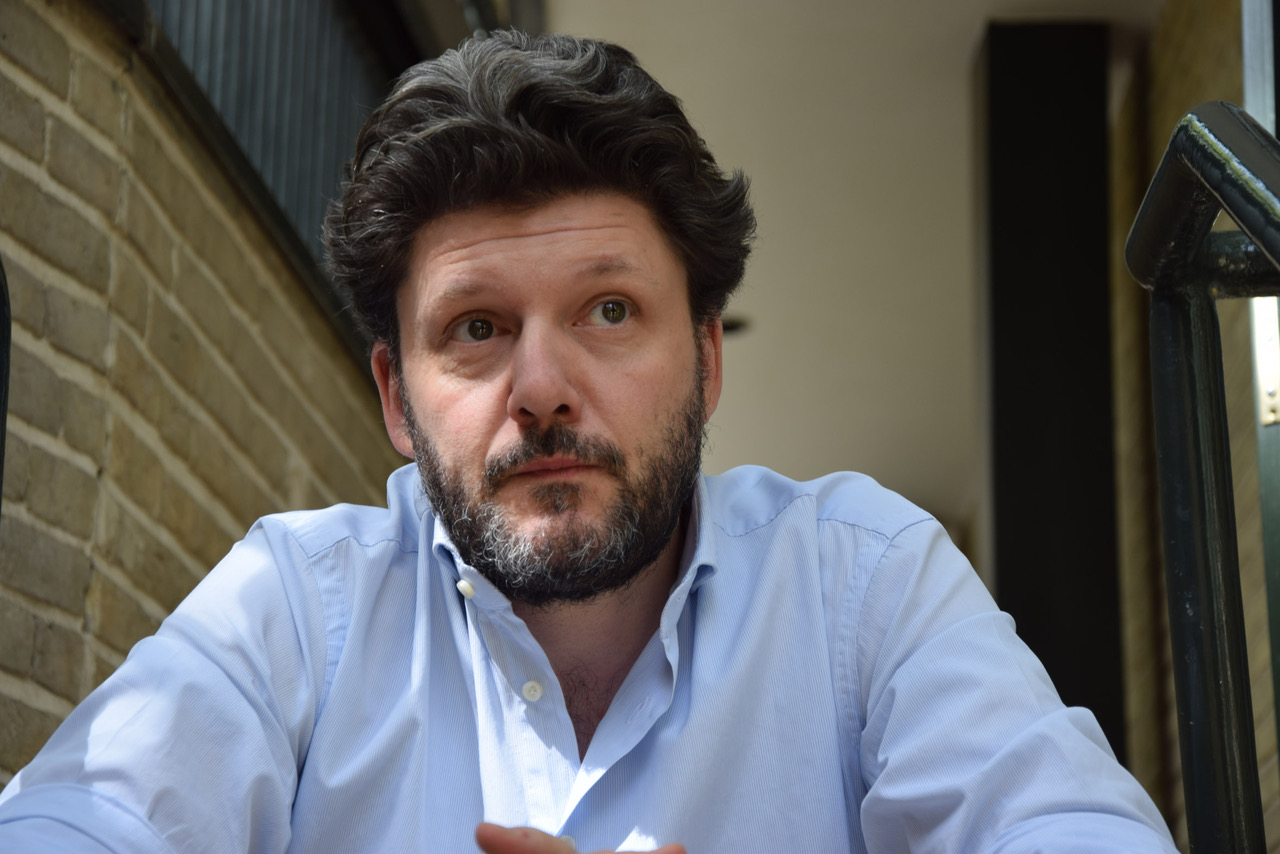
Message from the Chair
I sense you are here, because you are experiencing something I remember well: I was 16 when I noticed that whatever I was passionate about –math, the infinite, music, or the exploration of sentiments like love and notions like reality – would lead me to Philosophy.
I have followed her call and still feel puzzled when I muse on her name. What I know for sure though, is that philosophizing does not mean to ‘think outside of the box’. Rather, it requires you to disentangle the structure of that experience we all share as beings that feel, want and think. The primary object of philosophical inquiry, therefore, is the common. It is the purification and justification of the treasure of beliefs our form of life is erected on.
Studied well, under the guidance of high-caliber international scholars at AUC, will soon provide you with wonderful precision in making yourself understood in more than one idiom. And as you proceed to absorb what the common is in the intimate classes we offer in the BA and MA, you will acquire expertise in figuring out how to bring those together that lack it.
Moreover, you will increasingly appreciate your qualification to build arguments that gently lead your addressees from true premises to true conclusions, while you will often want to warn those that do not understand that different types of discourse require different standards of truth, as looking for mathematical certainty in religious debates is like eating a soup with a knife. You will, therefore, excel at methodologically discussing and deliberating, both with yourself and others. And this is no small thing, as most humans never train this muscle.
But, if there is one thing that is worth all I have mentioned, it is this: Studying philosophy provides you with the intellectual virtues required to logically operate in and form concepts of any uncharted territory. You will thus be more systematic, circumspect and thorough than others when it comes to penetrating the unknown and mastering new subjects.
Later, the fundamental insight that concepts are not only the light in which everything becomes intelligible for us, but also that element, without which there is no rational agreement among men, will govern your intellectual metabolism, no matter what career you will embark on. As a consequence, you will devote your life to critically fostering a culture that aims at rational discourse and improvement. And this will make you sneer at those that do not realize how much they are held in the iron fists of concepts they never reflect, but relentlessly dictate what they feel, do and belief.
So, most probably, what I liked about philosophy at 16, is what I still like about it today: The space of freedom and possibilities it unlocks to become more reasonable.
Associate Professor and Chair of the Department of Philosophy